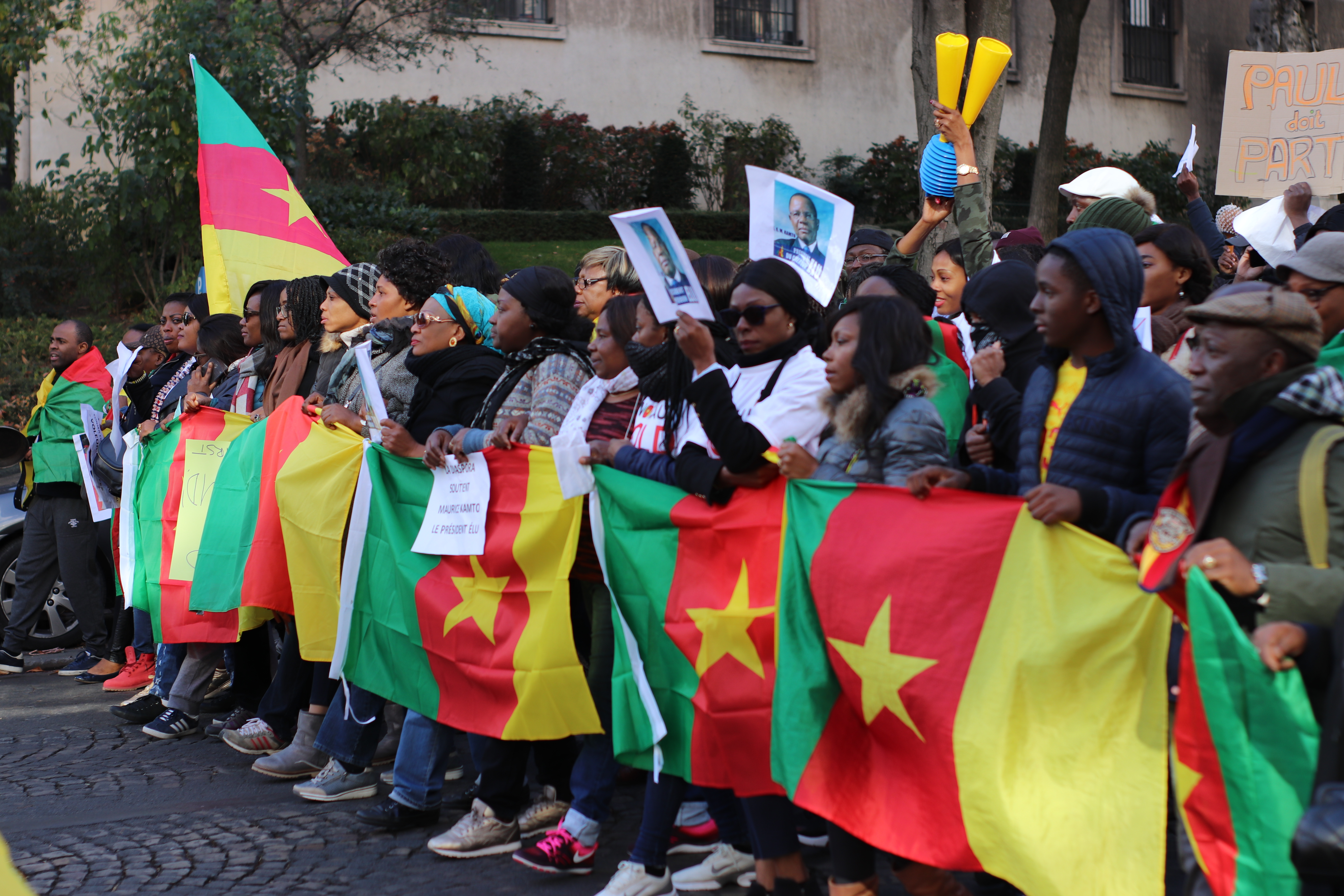Cameroon
Tensions rise in Cameroon in the face of AFCON

Two weeks later, still no word on the murder of prominent human rights lawyer and activist, Senator Henry Kemende
Cameroon's renowned and prominent member of the Senate from the Northwest region, Senator Henry Kemende, was brutally murdered at his Bamenda hometown on Tuesday 11, January 2022 during the start of the Africa Cup of Nations tournament in the country.
Weeks later, there remains silence from the government on the murder of Senator Kemende, even with increasing questioning from the public on "why the government isn’t speaking on Senator's Kemende deaths?”.
Senator Kemende was a lawyer and lawmaker for the Social Democratic Front (SDF) party, one of Cameroon’s main opposition parties. He was elected a senator for the SDF in 2018 and was a high-profile critic of the government and an outspoken human rights defender. He was also a leading representative of the country’s marginalised anglophone minority, who constitute around 20 percent of the country’s 28 million population.
Violence erupted in 2017 in Cameroon’s English-speaking Northwest and Southwest regions when teachers and lawyers protested against discrimination at the hands of the French-speaking majority. The military reacted with a crackdown and separatist groups took up weapons, claiming that they were protecting civilians.
The assassination of Barrister Kemende at the wake of the great ongoing Africa football spectacle in Cameroon continues to raise a lot of dust on the question of insecurity and gross human rights violation that has plagued the two English speaking regions of the country for six years now.
The two English speaking regions are witnessing an escalation on violence leading to the death of several people as a result of confrontation between Cameroon’s military and the Ambazonia (an independent state in the Anglophone regions of Southern Cameroon) defence forces since AFCON started. There has been a rise in kidnappings, mass arrests, detentions as well as attacks on educational establishments, among others.
The killing of the Senator adds up to the wanton killings ongoing in the NW/SW regions, described by Barrister Mbah Eric as "unlawful, illegal and inhuman". Senator Barrister Kemende Henry has been described as "a civil rights crusader, very charitable man, who fought for the underprivileged, did his job as a lawyer in a very classical manner".
The late SDF fire brand politician has created a large vacuum for Cameroon’s main opposition party, of which have equally failed to convince the other members of both the lower and upper house of Assembly to table an agenda on the Anglophone crises. His murder has also attracted many civil society organisation and religious bodies to ponder aloud on those responsible for the killing of the “firebrand politician”. The slaying of Senator Kemende in the Northwest region followed by a deadly attack in the Southwest region whilst some matches of AFCON 2022 are being played has put a spotlight on a conflict the Cameroonian government has attempted to shield from the international community.
Over 3000 people have died since the conflict started in 2017, more than 500 thousand are said to be displaced and many are at risk of food insecurity according to the World Food Programme. Since the beginning of the ongoing anglophone crises, little or nothing has been done by the state to guarantee the security of its citizens in the two English speaking regions over the past few years. Little or nothing has been done to ensure that there would be justice for those whose lives have been taken for simply speaking out during a human rights crisis.
Elvis WEPNGONG is the Executive Director of Organisation for Gender, Civic Engagement and Youth Development (OGCEYOD) in Cameroon. He is also a member of an FNF Africa supported human rights defenders network.
